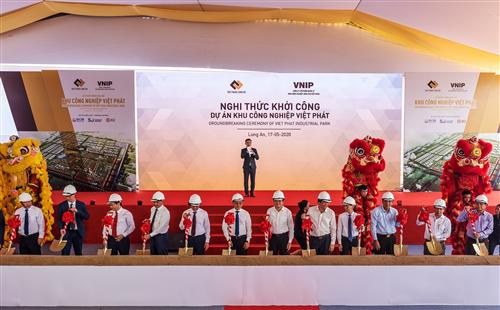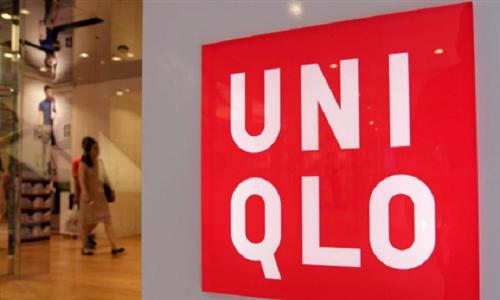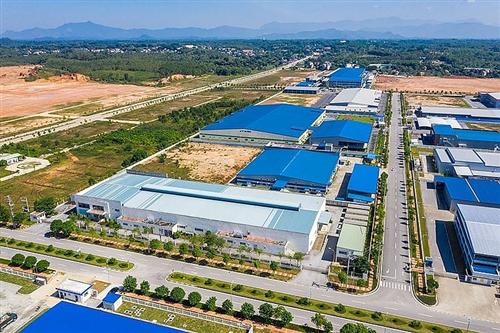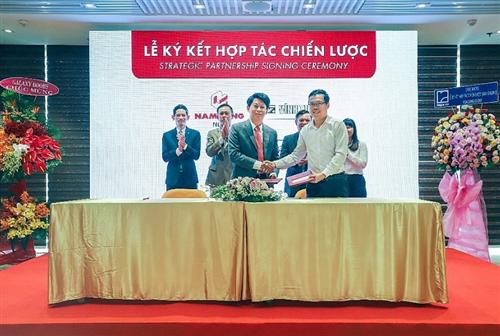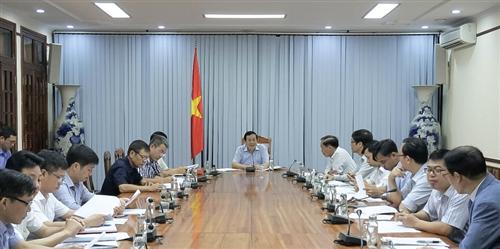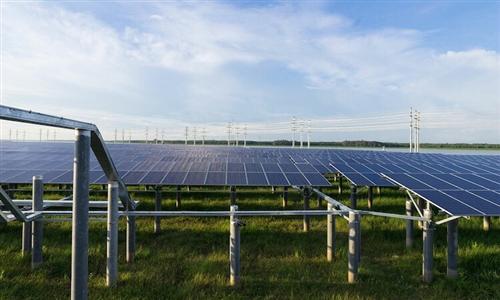IPs mushroom as Viet Nam seeks to grab post-pandemic opportunities
IPs mushroom as Viet Nam seeks to grab post-pandemic opportunities
This month ground was broken for Viet Phat Industrial Park, one of the largest in the country, in Long An Province. 
Being built by TZICO Joint Stock Company and Viet Nam Innovation Parks Management Corporation in Thu Thua District’s Tan Long Commune, the 1,800 IP will include a 600ha urban area.
All the required land has been acquired.
Minh Duc LA Investment and Development Corporation broke ground for the 195.79ha Duc Hoa II-SLICO Industrial Park in Duc Hoa District also in Long An.
It will be the third largest IP in a cluster of 13 in Duc Hoa III.
KTG Industrial, the industrial development arm of Khai Toan Group, recently began construction of a ready-built factory in Nhon Trach 3B Industrial Centre in Dong Nai Province.
The 8ha facility is its second-generation ready-built factory, and combines factories, pre-built warehouses and technology 4.0 to enable digital convergence for tenants.
Long Hau Corporation has built a 29.6ha high-tech factory for lease in Da Nang City to serve the supporting and tech industries.
According to enterprises, there is a lot of investment being made in industrial parks and factories for lease to welcome a likely wave of FDI inflows after the pandemic subsides.
Dang Trong Duc, deputy general director of the KTG Group and sales development director of KTG Industrial, said, “Viet Nam has made great strides in economic and industrial development in recent years and attracted a large number of foreign manufacturers.
“The number of industrial parks in Viet Nam increased five-fold between 2000 and 2018. By the end of last year there were 338 IPs all with high occupancy rates: 92 per cent on average in the north and 80 per cent in the south.”
The country’s industrial real estate segment enjoys certain advantages, he said.
Free trade agreements that the country has signed offer incentives in terms of tariff duties and trade to manufacturers based in Viet Nam.
The Government offers corporate income tax, VAT and import-export tax breaks, visa waiver and other incentives to attract more investors, he said.
It has also paid great attention to infrastructure to facilitate cargo transport, he added.
He said with the cost of production in China continuing to rise, many manufacturers based there have expedited their relocation to alternative locations in Southeast Asia, including Viet Nam.
The COVID-19 outbreak has accelerated the move out from China, he said.
Don Lam, co-founder and CEO of investment fund VinaCapital, said a survey by Harris Polling this month found that over 70 per cent of Americans think US firms should scale back their manufacturing in China.
“There have also been an increasing number of articles in publications such as The Economist and Foreign Policy, as well as comments from notable investors like Mark Mobius and organisations like JETRO and AT Kearny predicting that Viet Nam is set to benefit from an acceleration in the movement of manufacturing out of China.
“For these reasons, we believe that a wave of FDI inflows is inevitable after the COVID-19 medical issue is resolved.”
Trang Bui, head of markets at Jones Lang Lasalle (JLL) Vietnam, said thanks to its proximity to China, Viet Nam is one of the markets benefiting greatly from the trend of companies looking to diversify their manufacturing portfolio outside China.
Viet Nam’s outstanding record in containing the pandemic could strengthen foreign investors’ trust in the country, she said.
“The COVID-19 has had some impacts on FDI investment in Viet Nam in the short term due to travel restrictions. FDI inflows will recover soon after the pandemic subsides, offering great opportunities in the industrial real estate segment.”
Le Thanh, chairman and general director of TZICO Joint Stock Company, said: “Some big investors from South Korea and Singapore have shown great interest in the Viet Phat Industrial Park.”
Nguyen Van Ut, vice chairman of the Long An People’s Committee, said the project is a significant development for the province to attract high-quality FDI amid the wave of investors shifting from China and increasingly setting their sights on Southeast Asia.
According to Stephen Wyatt, country head of JLL Vietnam, industrial park developers remained confident that demand for land will continue to grow and therefore land prices are expected to increase in line with the long-term potential of Viet Nam’s industrial segment.



